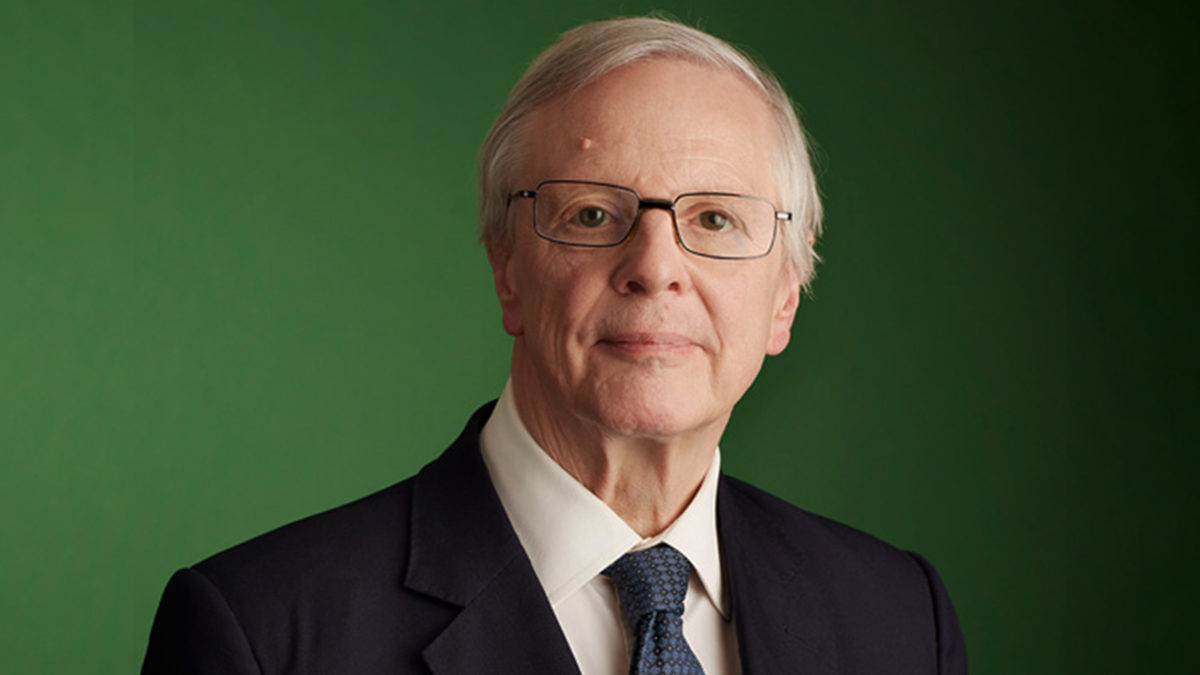Why inflation will last decades longer than you think
The sharp rise in inflation in the world’s developed economies has investors and central bankers running scared. It’s an old enemy, and the playbook for beating it has not been dusted off in some time. Yet those central bankers are relatively confident that even if it proves higher and stickier than first expected, it will disappear in the face of successive chunky rate rises and supply chain “refashioning.”
Not so, says Jonathan Ruffer, chairman of eponymous investment house Ruffer. He believes the true problem with inflation is mainly behavioural, rather than stemming from supply chain disruptions or the ongoing war in Ukraine, which will eventually give way to price stability. If workers push for higher wages – as they are already doing in many parts of the world – we’ll get “a seemingly everlasting inflationary epoch.”
“I was asked the other day… how long I thought the inflation would last. Thirty years was my off hand suggestion – that being slightly shorter than the period from the beginning of disinflation to the start of Covid-19,” Ruffer says.
“(Karl Marx) saw that the interests of labour and capital were conjoined, and over the course of time, events conspire to favour one over the other sequentially. When capital was planted in fertile soil, assets grew in value; wages did not. When labour, often unionised, became powerful, it gained at the expense of capital. When there was a shortage of labour, then demand for it gave it power.”
For the workforce, Ruffer says, “life and finances don’t add up anymore.” As demands for higher wages grow louder, there will come a time when companies can no longer refrain from passing on higher costs to consumers. And while the temptation here is to view these demands as the obvious outcome of a workforce diminished by temporary labour shortages, those shortages might not be temporary at all. Birth rates in the West have been “indulgently low” for two generations, while the birth rate in China has dropped 0.8 per cent.
“I see volatile inflation from here, but not so volatile as to allow the possibility that inflation is seen to be beaten,” Ruffer says. “At this point in the inflation cycle, many hope that it will be beaten; as time passes, that will give way to a fear that it cannot be beaten.”
“The character of inflation is that it promotes social mobility – it is the enemy of the status quo. It can be stated to be the unequivocal enemy of investors, who will be the losers in this world, and the labour force will be the winners… After forty years of sharp decline, the snapback might well be brutal for the investment community. The victims of inflation are the unimaginative rich, and the unemployed poor.”











